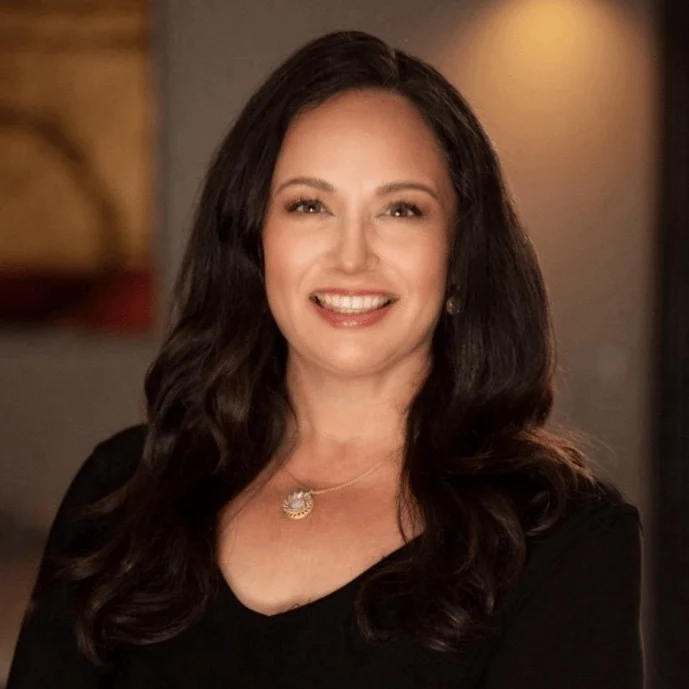
Moving is a massive undertaking with tons of moving parts — you need to pack, switch over your utilities, and get used to your new neighborhood. But what are the impacts of moving on insurance? You probably already know you’ll need a new homeowners insurance policy for your new home, but you may be surprised to learn that moving to a new area can impact your auto insurance policy as well.
Plus, what happens if your two policies are bundled for extra savings? By exploring the location-based nuances of your plans, you can ensure a smooth move while staying fully covered.
Introduction to Relocation Insurance Realities
There are several ways insurance is affected by a move, including premium costs and coverage details. Knowing what to do about your coverage before moving is critical for maintaining the right level of coverage at an affordable price once you’re in your new home.
The Importance of Updating Your Insurance Policies When Moving
Notifying your insurer of a move and updating your policies is essential for maintaining adequate coverage. Your current auto plan may not apply in your new area, leaving you, in essence, breaking the law by driving without insurance. You won’t be able to make future claims either.
If you own your home, your current policy won’t apply to your new house. Each home has a unique combination of factors that determine its policy rate, so you’ll need a brand-new policy for your new house. If your new home has a higher value than your previous home, your premium cost will reflect that increase. You may also want to expand your plan to cover new risks associated with your area.
What about Bundled Policies When You Move?
Because you will need a new plan for your new home, whether renters insurance or homeowners, your bundled policy will no longer exist. If you move to a new state, your current insurer may not even be licensed to operate there, meaning starting anew with a different carrier and brand-new policies.
Finding an insurance company that works throughout the US and can follow you from location to location is helpful, since you won’t be put in the position of starting a whole new relationship.
As part of your pre-move planning, establish your insurance services before you hit the road. This way, you not only have the option of setting up a new bundled policy for savings, but you also won’t be left driving illegally without insurance.
Overview of How Relocation Impacts Auto and Home Insurance
Did you know that your zip code can affect your insurance prices? Certain risks are associated with living in different areas, influencing the cost of your car and home policies. Factors like population size, traffic history, common weather patterns, and crime rates all affect your area’s risk level. If you move from a high-risk area to a low-risk area, your costs are likely to go down, and vice versa.
For example, living in a coastal neighborhood increases the likelihood of damage from hurricanes and floods, which increase your home’s premium. Similarly, large cities often have more traffic and crime, so your auto policy may cost more if you move from a suburb to an urban area. Additionally, you may see an increase in your auto premium if you have a longer commute from your new address to your workplace.

Steering Through Auto Insurance Adjustments
Even if you’re keeping the same car, you can expect some auto coverage changes when moving. Your new policy will reflect the cost of claims in your new area. If you’re staying in the same city, you may not see any changes at all, but out-of-state moves can result in significant changes. It’s important to contact your insurer and share your new address to determine how your move impacts your rate.
State-to-State Variations in Auto Insurance Requirements
Car coverage requirements can vary by state, so you’ll need a new policy when you move out of state. Contact your insurer to make sure they offer coverage in your state, or start researching local providers. Some states may even require you to have additional coverage, such as personal injury protection or uninsured motorist coverage. Knowing the laws in your new home can help ensure that you’re compliant with all expectations.
Notifying Your Provider and Addressing Rate Changes
When you’re ready to move, contact your provider to update your address and determine your new rate. Research average prices in your area to determine if your quote is fair and reasonable, and compare options from different insurers to get the most competitive price. Don’t forget to ask for your discounts, especially if you plan on bundling home or renters with auto for up to 25% off.
Reinforcing Your Home Insurance Fortress
Changing homeowners insurance is a key step in protecting your assets when you buy a new home. In most cases, unless you pay cash, your mortgage holder will require you to have insurance.
Understanding Policy Variations for New Locations
You may not be able to get the exact same coverage from place to place. Insurers may not automatically cover common natural disasters in certain areas unless you secure a supplementary plan. Carefully reviewing each plan is critical to getting the right coverage for your new area.
Timing the Transition of Home Insurance Coverage
Start researching policy options before you purchase your home to make sure you can afford to live in your new area, especially if your home will be in an area prone to natural disasters. Your new policy should start immediately when you take ownership of your new house. Communicate with your insurer about the timeline of your move to ensure your old policy ends once you no longer own your previous home.
Navigating the Pitfalls of Insurance Transfers
Switching both auto and home insurance during a move may seem daunting, but a bit of planning can simplify the process.
Avoid Gaps in Coverage During a Move
Carefully time your coverage so your new plans start right away when you move. But if there’s any overlap between buying your new home and selling your old property, it’s critical to make sure that both are covered while you own them.
Likewise, make sure there are no gaps in your auto insurance. Not only is it against the law to drive without insurance, if you get into a wreck or something happens while en route to your new location, you won’t be covered.
Assess Whether Your Possessions Are Covered While In-Transit
Good homeowners policies will cover your things while they’re being moved from one house to another. However, it’s still important to double-check and update your insurer about who will be handling them and how long the moving process is expected to take.
Getting Affordable Coverage Online Before You Move
Freeway Insurance takes the stress out of moving by offering accurate quotes and affordable plans. We can even bundle your home and auto policies for extra savings. Request a Freeway Insurance quote online, meet with the team in person at your local office, or call today at 800-777-5620 to secure your new policy.



